 This picture shows a rainforest hands-on project that I use at my reading clinic.
This picture shows a rainforest hands-on project that I use at my reading clinic. Stop and ask yourself: What do my children see me doing? Do my children see me watching TV or reading a book? Do my children see me on my phone or reading a book? Children mimic and learn from your actions.
Why Is It Important For Children to Read over the Summer?
Research from over 7,500 school districts and 18 million students has shown that 52% of students lose an average of 39% of their total school year gains during the summer months. That’s half of the students across the United States, and they're losing about 1/3 of what they learned during the school year. The research goes on to explain that students who do not read over the summer will only retain approximately 70% of what they learned in the classroom during the normal school year. So yes, reading over the summer is extremely important and vital to every single child's education, especially this year after the erratic educational year children have experienced.
What Should My Child Read?
Let your children choose reading material, but do not be afraid to challenge them to try something new. One of the best ways to encourage your child to read something new and different is for the two of you to sit down and read it together. Make summer reading a time to explore new and different ideas, or even to read about different places in the world. If you get tired of being in the house, read outside. Make reading a fun time, and remember, the library is free.
The first step is to keep the brain engaged and active. Watching TV does not keep the brain engaged or active. Sorry. Yes, your brain is thinking while you're watching TV, but it is not focusing on learning or understanding new words. Expanding one's vocabulary is essential to learning. Yes, the brain is also working while you're playing video games, but the brain is not learning new vocabulary words while you're playing video games.
Emphasize vocabulary building during summer reading. Sit and read together, challenging children to read something new, maybe something a bit harder than what they usually read. Don't just assume your child is reading just because you hand the child the book. Instead, sit down and read with your child. Vocabulary is what enables us to comprehend. If a child does not understand the meaning of the words that they are reading, they cannot understand what the book is saying. We learn new words through reading.
Do not simply point to a word and tell the child the word. Break the word down and learn the word. At my reading clinic, we call it the 4-steps:
- (Step 1) always say the letter sounds and spell the word,
- (Step 2) give a definition,
- (Step 3) use the word in a sentence, and
- (Step 4) write the word correctly.
Read More: Four Steps to Learn a New Word
Read More: Hands-On Learning
As we read, we completely engage the brain in learning new words and what they mean. As we read, we learn how the words apply to what we’re reading. Then, and only, then are we actually comprehending.
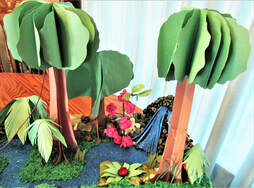 You may also make a simple version from an egg carton or a shoe box with one or two trees and pictures of animals.
You may also make a simple version from an egg carton or a shoe box with one or two trees and pictures of animals. This becomes a teaching tool. We can read about each tree and then make the tree. At my reading clinic, I provide patterns and step-by-step directions to help the children make trees. Reading and following step-by-step directions helps children improve reading comprehension skills.
There are seven different trees in the model displayed at the top of the page.
 A child can read about rainforest plants and animals and make a model or diorama.
A child can read about rainforest plants and animals and make a model or diorama. Read with your child each and every day. No matter how busy you are, you have time to sit down and read a book with your child. Make it a part of your daily schedule. Have a set time the two of you can sit down and read together. Be consistent and read at the same time every day (even on vacation). Reading together is just as important as brushing your teeth. Research shows that summer reading is the best way to avoid the “summer slide" (losing gains over the summer).
- How many books have you and your child read together this summer?
- Why not start today? The local library is free.
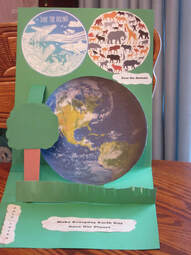
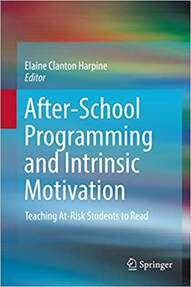
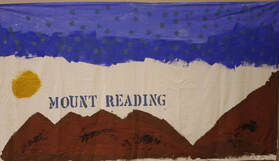
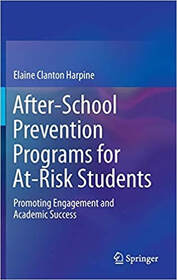
 RSS Feed
RSS Feed
